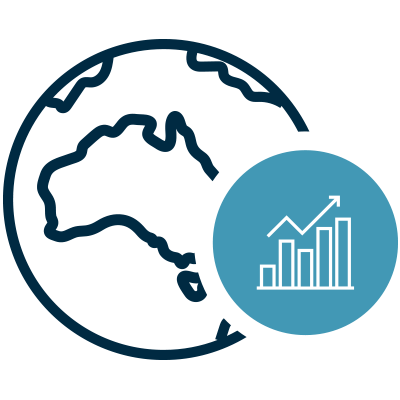SUMMARY
With global markets being buoyed by significant fiscal stimulus from the USA, particularly one offering new tax incentives for renewable energy, storage technology, carbon capture, and electric vehicle infrastructure, both the Fund and the benchmark MSCI World rose by +5.0%.
In this month’s commentary, Rachael Monteiro looks at the governance and ethical challenges surrounding the adoption and use of new technologies in combatting the COVID-19 pandemic, and how our investment strategy is overcoming them.
In other news, WHEB joined with 94 other investors with US$3.34 trillion assets under management to voice our support for higher standards across the nursing home sector as a signatory on the Investor Statement of Expectations for the Nursing Home Sector, coordinated by UNI Global Union. For further details on our support and the issues involved please click here.
See full commentary here.

























